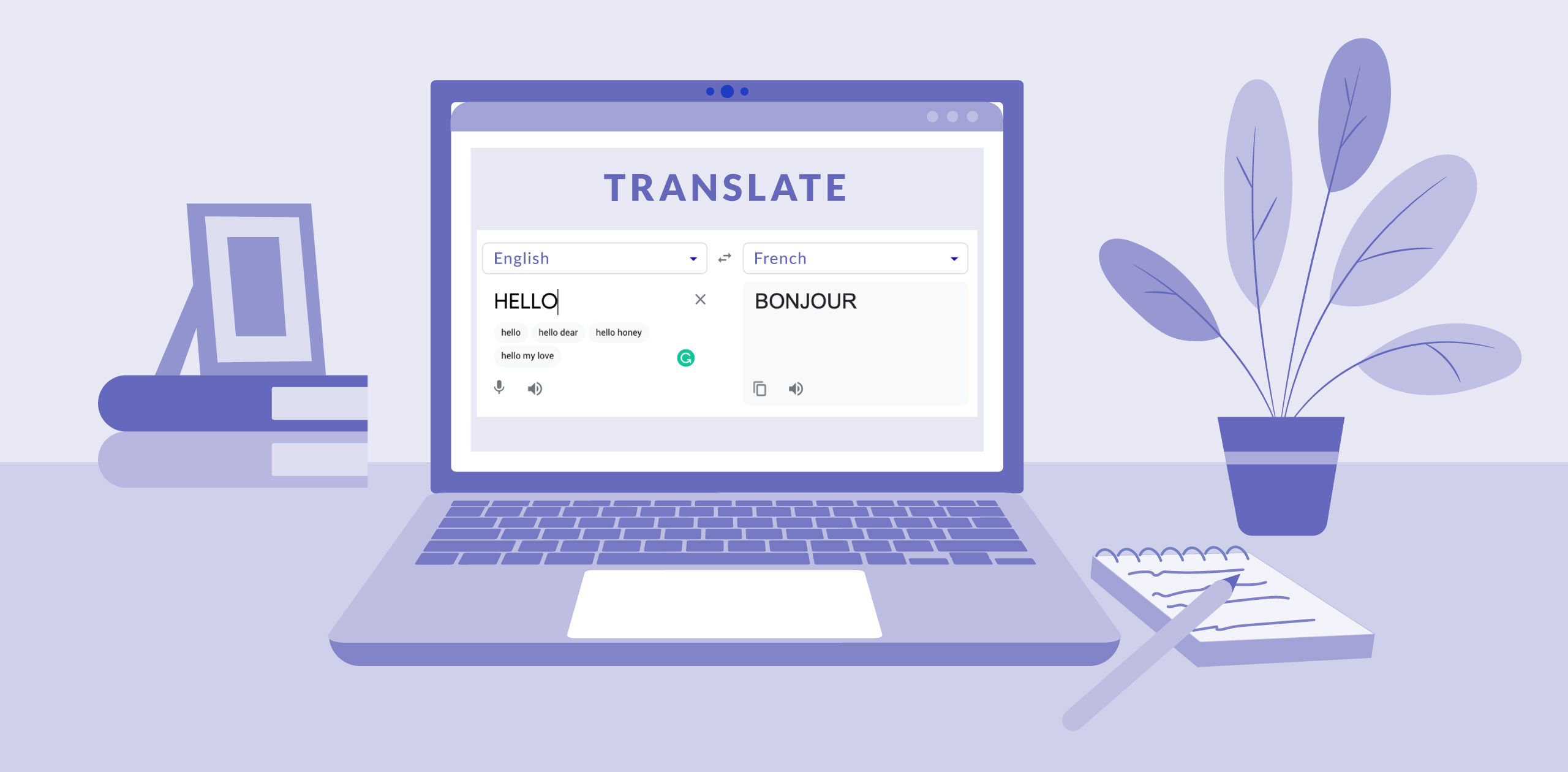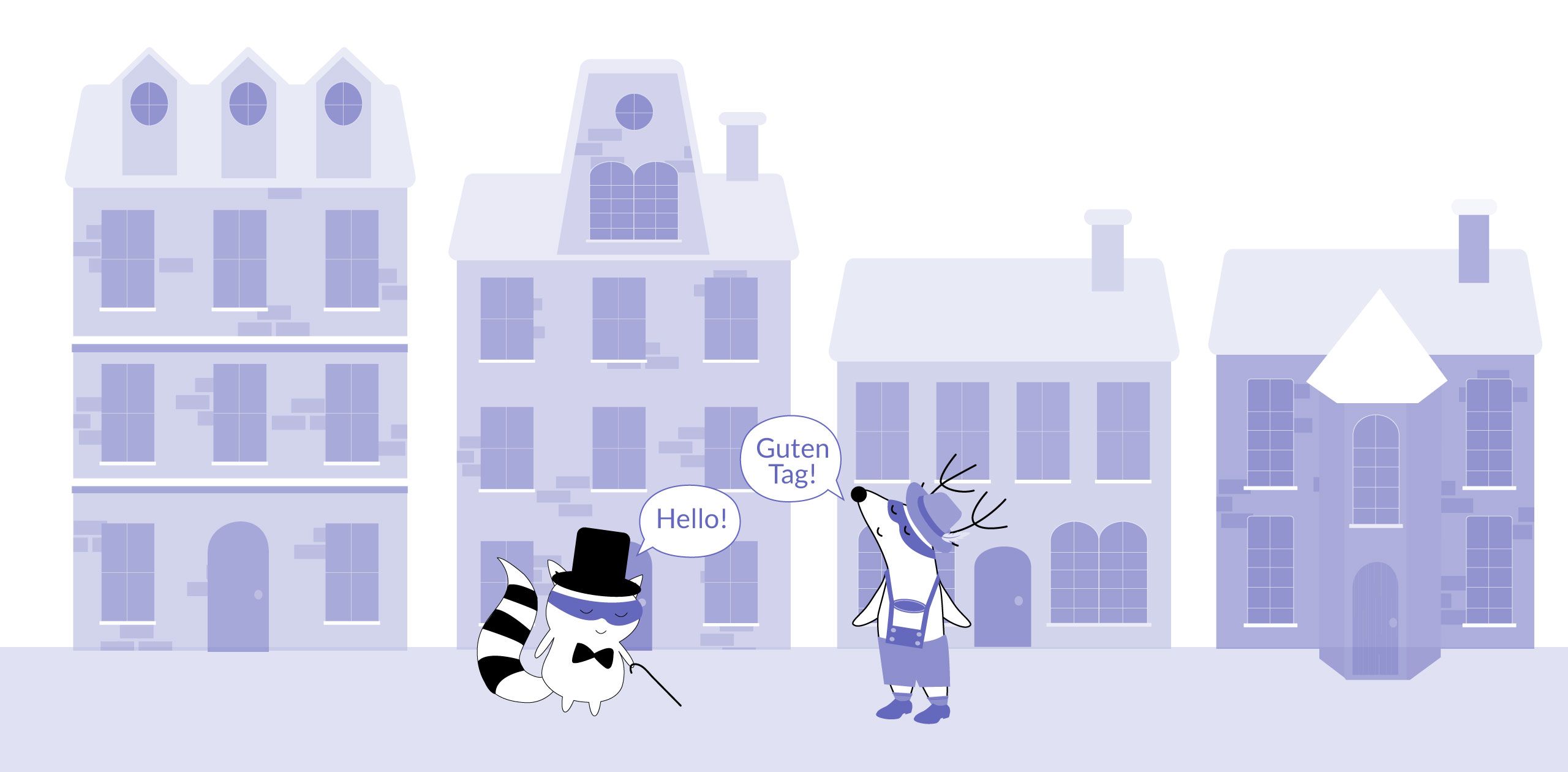
In today’s globalized world, learning a second language has become more important than ever before. English may be the most common language in the world, but it is far from the only one. With so many different languages spoken all over the planet, it’s essential to have at least a basic knowledge of some of them.
But, communication with people around the world is not the only reason to consider learning a second language. There are countless benefits that you can gain from knowing more than one language, and we will explore some of them in this article. Want to know how foreign language skills can influence your life? Read on.
Learn French with Langster
It Boosts Your Brain
The benefits of learning a second language are vast and varied, but perhaps one of the most important is the way it benefits your brain. Knowing two or more languages can help challenge your brain and improve most of your cognitive skills.
For starters, learning a new language helps improve your memory. This is because when you learn a new language, you are essentially creating a new network of neurons in your brain. And, the more connections you have between neurons, the better your memory will be.
Speaking multiple languages can also help improve your multitasking skills. When you are bilingual or multilingual, you are essentially training your brain to switch between two different tasks quickly and easily. Research shows that bilingual people can multitask faster and easier than people who know just one language.
Moreover, learning a foreign language can also help improve your learning skills in general. Language learning is basically an exercise for your brain. The more you learn, the more you train it to acquire new information in a faster and more effective way.
If you’re a person with a short attention span, good news: learning a second language can also help with that. One of the cognitive benefits you get from learning foreign languages is that your brain is able to focus more and block distractions. With the human attention span narrowing more and more in modern times, this benefit may work as an antidote.
Decision-making is another skill that should improve if you decide to learn a new language. Studies show that people who make decisions in their non-native languages are able to separate themselves better emotionally from the topic and make systematic and clear-headed decisions.
It Can Help Advance Your Career

It’s not a secret that knowing two or more languages can make you a more attractive job candidate and help you find work in a wider range of fields. But, how does it work?
Knowing a foreign language (or more than one) is a skill valued in all occupations, and it can put you way ahead of the competition. When you are bilingual or multilingual, you are essentially opening up new opportunities for yourself career-wise.
Speaking multiple languages can make you more marketable in a competitive job market. You will double the number of jobs suitable for you, which will boost your chances of finding a proposal you love. Simply speaking, knowing a foreign language will stop you from settling for something mediocre and provide a choice with several options available.
With so many different companies doing business internationally, the ability to speak multiple languages is becoming increasingly important if you want to get better job perspectives.
Many multinational companies today are looking for employees who are bilingual or multilingual, as they can put them to use in a variety of roles. Bilingual employees can act as translators or interpreters, and multilingual employees can be put in charge of international projects or divisions.
Apart from that, knowing a foreign language can help you pursue a dream of working in a foreign country. Have you thought about moving to Asia or Europe but were always afraid that you won’t find a job? If you know Chinese, French, or German at the communicative level, this shouldn’t be a problem anymore.
It Helps You Learn More About the World
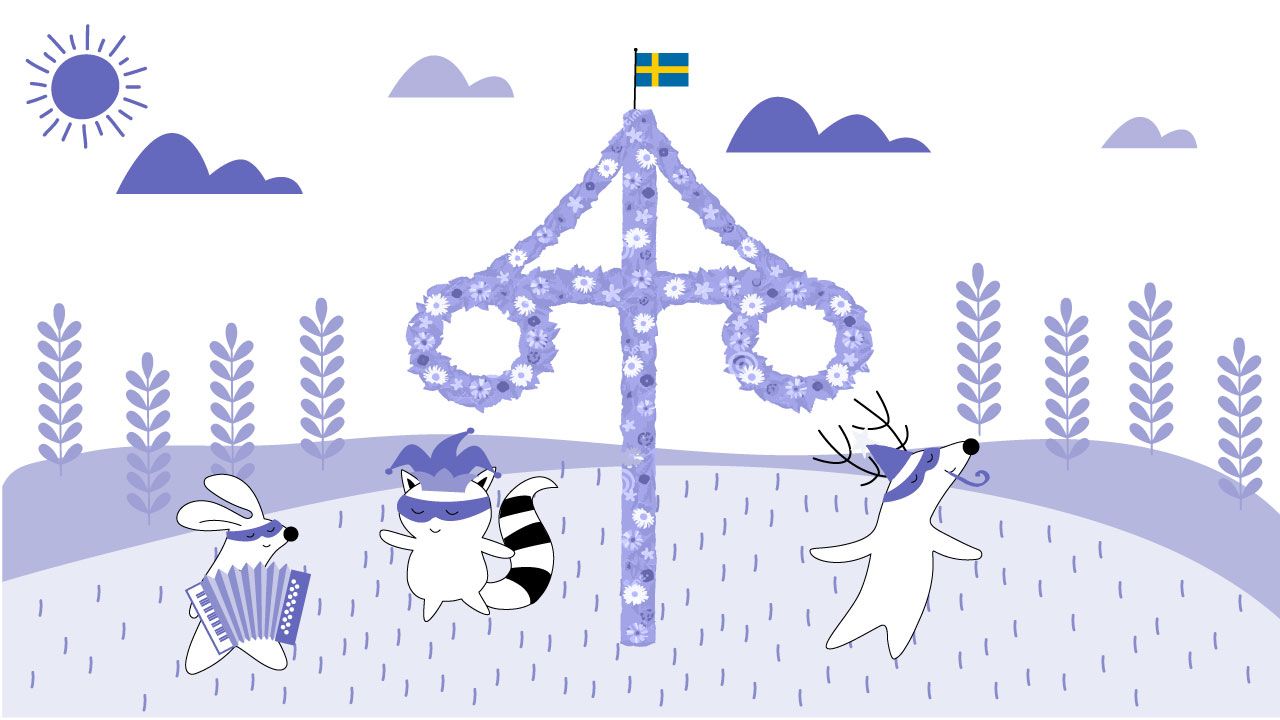
Knowing a foreign language gives you access to an entirely new culture. When you learn a new language, it's not just about the vocabulary or sentence structure – it’s also learning about the people who speak it and their culture and history."
Moreover, learning a foreign language allows you to communicate with people from other countries in better ways. After all, talking in someone’s native language allows you to understand the other person’s point of view more clearly and make a deeper connection with them.
And, by communicating with different people, as well as by research, you improve your connection with different cultures. We start appreciating different traditions and customs, religions, arts, history, and even political views that differ from our own. In that way, language learning is one of the best ways to defeat bigotry, racism, or other kinds of prejudice.
It Broadens Your Perspective
This point evolves directly from the previous one. When you know a foreign language, you are opening yourself up to new worlds that you never knew existed. This not only helps you connect with other cultures better but also helps you understand different perspectives and broaden your own view of the world.
Learning about other cultures can also help you shed some new light on your own culture and views. In comparing them, you may gain new insights into the world around you and see your own life from a completely different point.
However, that’s not the only way learning a language can broaden your perspectives. As a language learner, you also gain access to new sources of information, since you’re not limited to just your own language anymore.
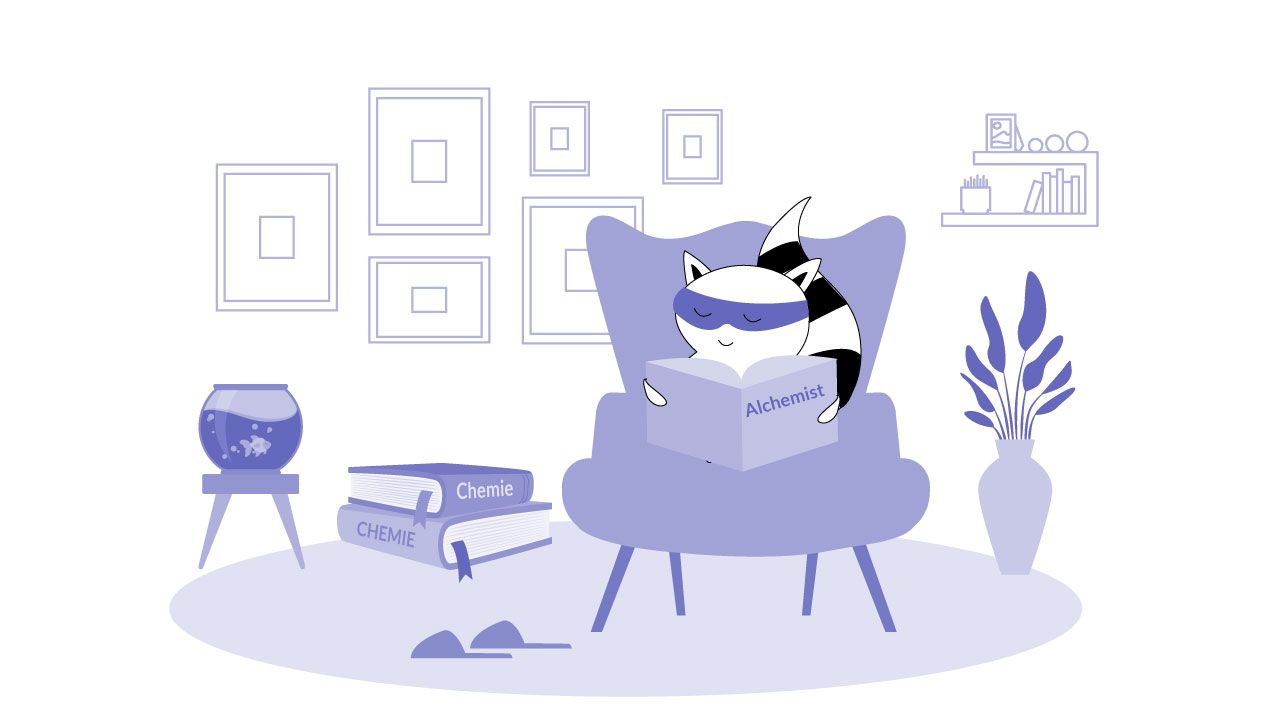
You can read news articles and books in two languages now, and see what people from other countries have to say. When you can understand the language that these sources are in, you can gain a closer and more in-depth look into the topic at hand. And, you can also appreciate the work that went into creating these materials in a whole new way.
All of this can boost your creativity as well. The more you learn about the world and other countries, the more your views change and fluctuate, and the more you are able to look around from different perspectives. This can make you a more elaborate, flexible person, and help find the solutions to the most difficult problems you encounter.
It Helps Slow Down Cognitive Decline
As people get older, they are more likely to experience cognitive decline, which can lead to problems with memory, reasoning, and judgment. However, research shows that learning a foreign language can help delay cognitive decline and even delay the onset of Alzheimer’s disease or dementia.
This is because learning a foreign language involves using different parts of the brain than those used for speaking one’s mother tongue. When you learn a new language, you are constantly challenging your brain and making it work harder.
In addition, learning a foreign language can also help you stay mentally active and socially engaged for longer. Studies have shown that people who are bilingual or multilingual are more likely to stay mentally sharp as they age. Learning a new language requires focus, concentration, and memorization – all of which help keep your mind active and healthy.
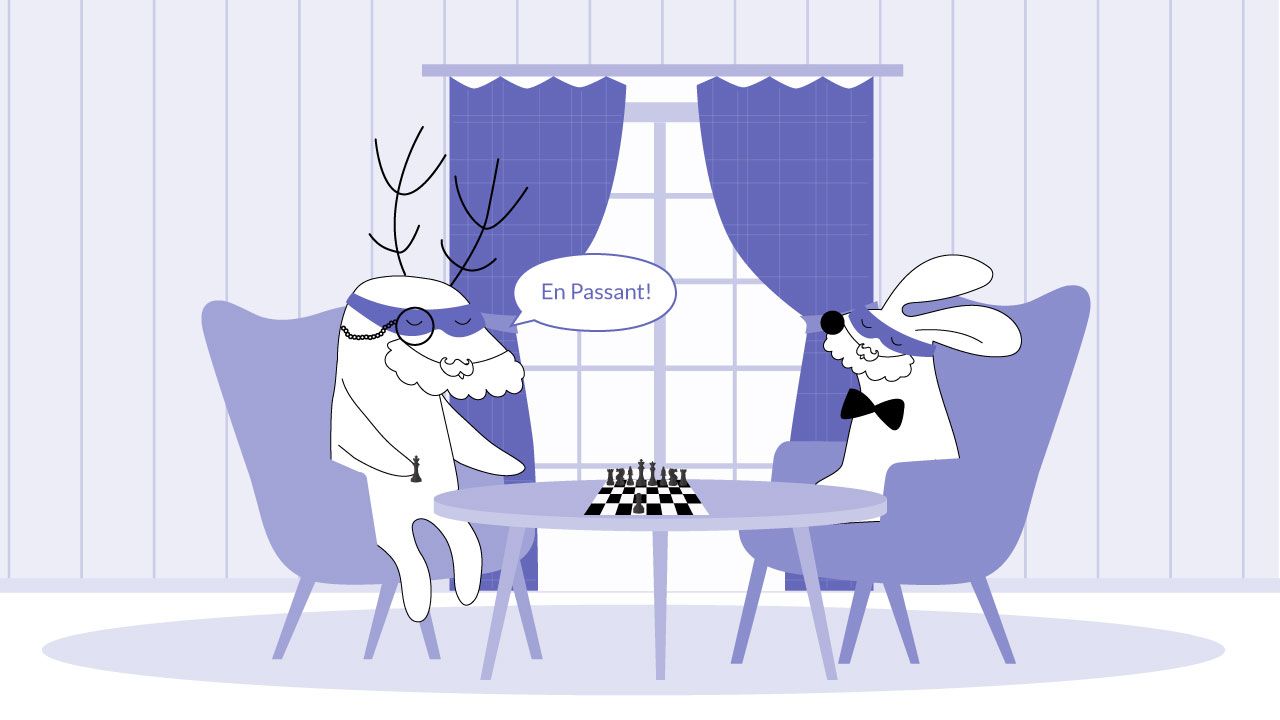
Bottom Line
There are many reasons to learn a foreign language, and we’ve only scratched the surface in this article. Yes, language learning can help improve your memory, broaden your perspective, and slow down cognitive decline. But, it also can improve your traveling experiences, give you the chance to study in a foreign country, or simply let you meet new people.
Different reasons work for different people, but the key here is to start. So, decide on your new target language as soon as possible – do you want it to be French, German, or Spanish? – and start learning today!








